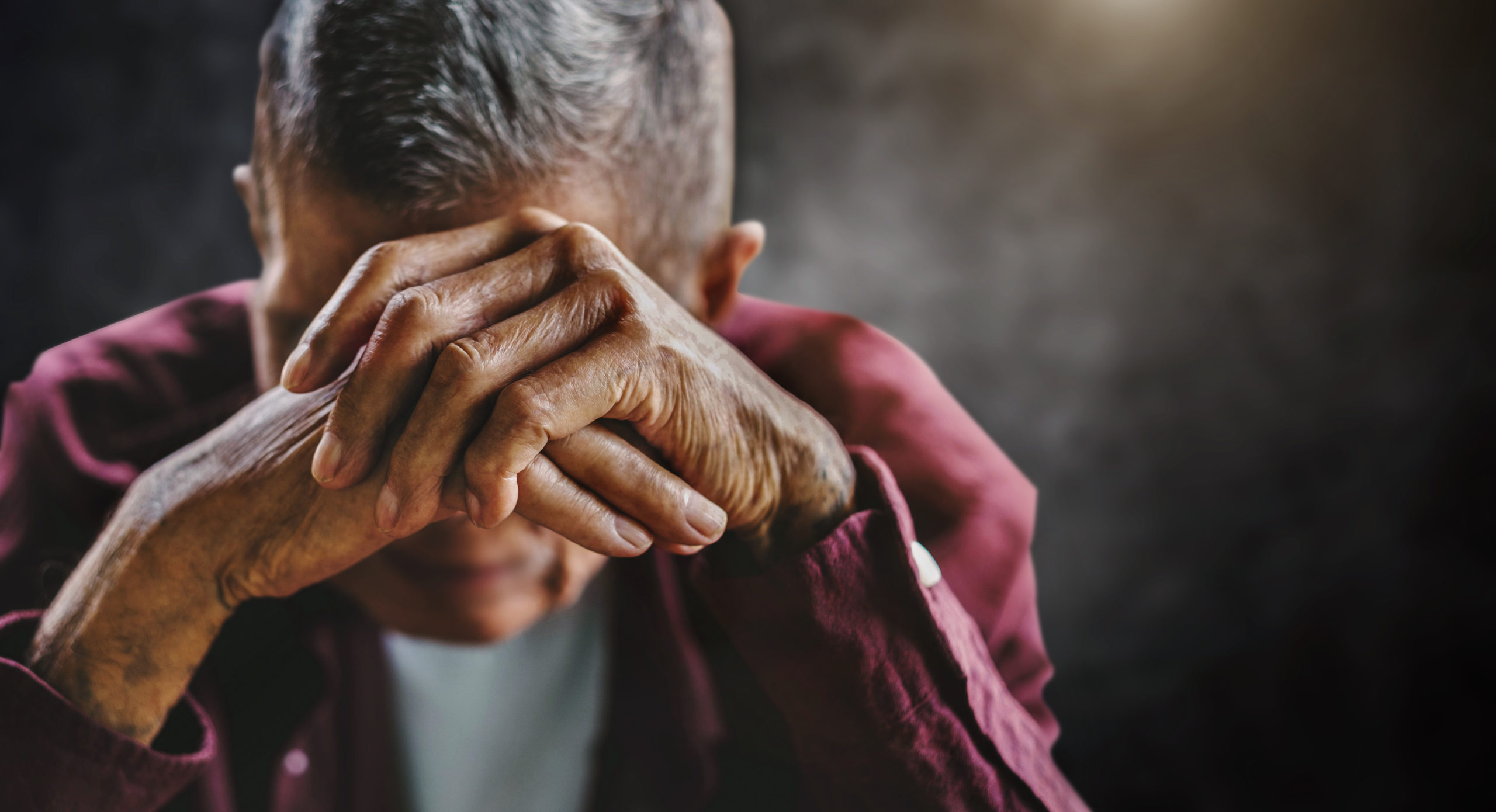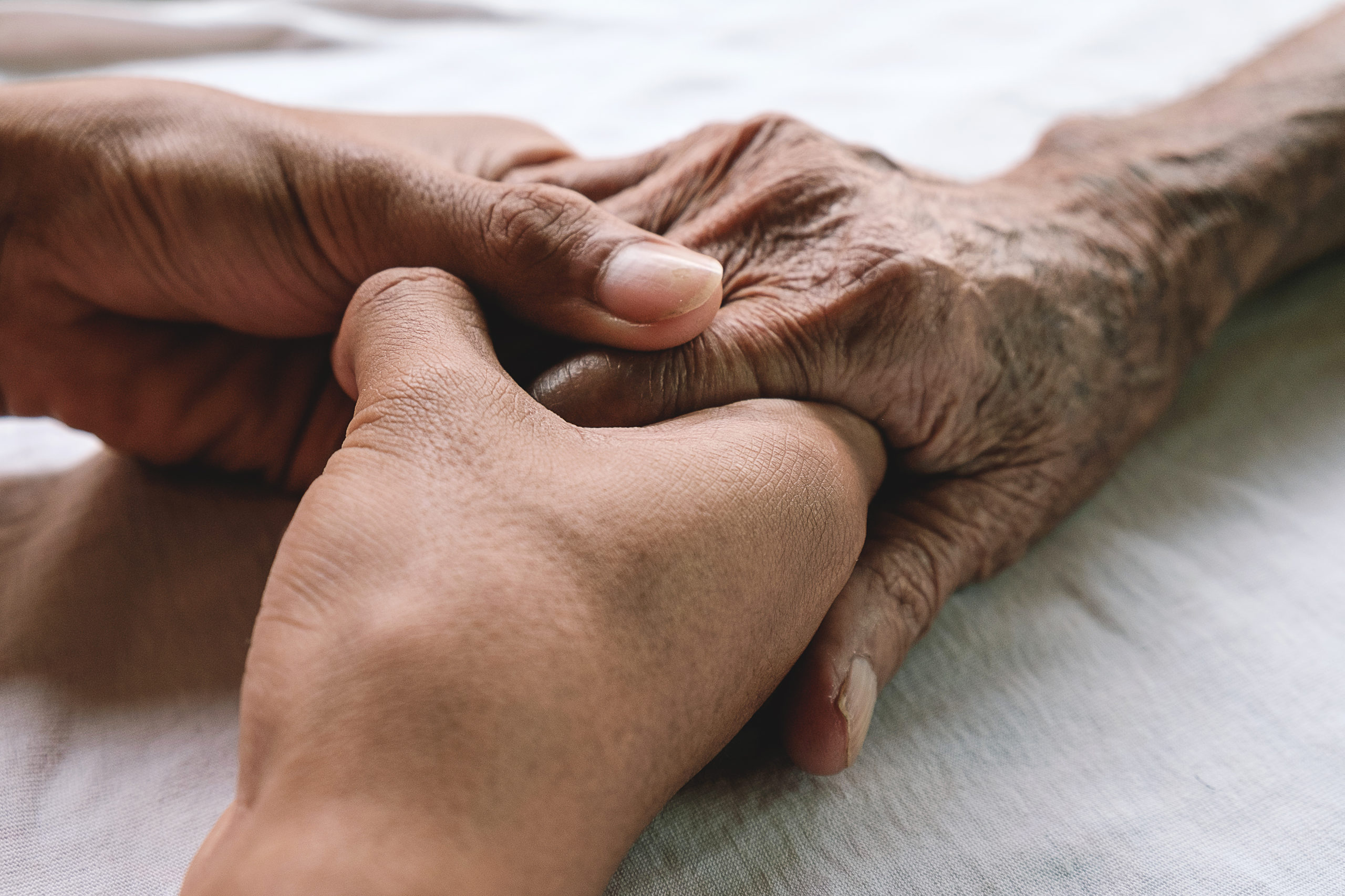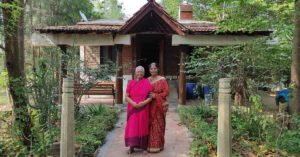Witnessed Elder Abuse? Here’s How You Can Report It & Help
Many abused senior citizens make every attempt to hide it. Here are some signs to watch out for.

Elder abuse cases are on the rise, as per data recorded by the Elders Helpline, Bengaluru.
From 174 in 2016-2017 to 264 in 2018-19, the data also revealed that while 60 per cent of elders have stated that they face some kind of abuse, only 18 per cent of them came forward to report it. Just being aware of The Maintenance and Welfare of Parents and Senior Citizens Act, 2007 is not enough. It is important to provide older adults and their caregivers with knowledge on how to report abuse.
Sandhya G, project-in-charge, Elders Helpline, Office of the Commissioner of Police, Bengaluru, said, “It is unfortunate that most of the elder abuse cases that are registered with us are genuine and this is because some people in today’s generation consider the previous generation as a burden. Once the parents grow old, they become financially dependent on their sons and daughters and cannot contribute to the income for the family. This results in the son neglecting and abusing them to get rid of the so-called additional pressure.”
Silver Talkies is a social enterprise with a digital magazine and on-ground social engagement activities for people above 55 in Bengaluru. Here’s a straightforward manual from them.
What is abuse?

* Physical abuse: the infliction of pain or injury, physical coercion, or physical or drug-induced restraint.
Sabina Malik lived in Bengaluru with her elder son, Abdullah. He would lock his mother in a room and provide her with minimal food. Sabina’s daughter got her mother to the Nightingales Care Center and left her there without informing the staff that she would not be returning. On visiting the Helpline office, Abdullah confessed that he would tie his mother’s hands and legs. His explanation for the house arrest was that he did not want his mother to disturb the neighbours. None of the children wished to bear the responsibility of their mother.
* Psychological or emotional abuse: the infliction of mental anguish.
Leela Singh, 87, had been subjected to a high degree of mental torture by her husband, Khushwant Singh, 90, a retired military colonel. According to the stated incidents, he confined his wife to their house and did not let her meet their children or grandchildren. Although he never physically harmed her, he harassed her by pretending to hit her, slamming the door to scare her apart from other indirectly violent acts. Mrs Singh underwent emotional distress for quite some time before approaching the Elders Helpline for assistance.
* Financial or material abuse: the illegal or improper exploitation or use of funds or resources of the older person.
Mr Damodar lived with his daughter in Australia and had rented out his property in Bengaluru to Mr Sridhar. Initially, the tenant paid the rent on time but eventually stopped. When asked to vacate the house, he threatened that he could malign the elderly landlord’s name in the society. When the tenant did not vacate the house even after the agreement period was over, Mr Damodar approached the Elders Helpline. The staff tried to get in touch with the tenant but could talk only to his representative lawyer. When the lawyer got to know that his client was at fault, he came forward to help the Elders Helpline staff in making the tenant leave the house.
* Sexual abuse: non-consensual sexual contact with the older person.
* Neglect: refusal or failure to fulfil a caregiving obligation. This may or may not involve a conscious and intentional attempt to inflict physical or emotional distress on the older person.
How to Recognise Elder Abuse As a Family or Friend
Elder Abuse may be hard to find, given that it is still a taboo topic. Moreover, the abused senior citizen may make every attempt to hide it.
However, do keep an eye out for these signs in elders who may be living in an institution, alone with a caregiver, or even with family. Do remember though that these are meant to be guidelines and not all these signs may indicate abuse.
- Bruises or broken bones (excuses of frequent falls) could be an indication of physical abuse or mistreatment.
- The senior citizen is suddenly withdrawn, doesn’t wish to do regular activities or seems depressed.
- Bedsores, poor hygiene, and sudden weight loss.
- Changes in a senior citizen’s personality or behaviour could indicate an unhappy situation.
What to do when an elder is abused

- Report it to the jurisdictional police station: The very first step is to make the jurisdictional police aware of the abuse is by filing a written complaint. Those who cannot write are required to verbally inform it to the station house officers who can pen it down for them and get their thumb impression. Oral complaints are not adequate as they can lead to confusion in future.
- File a First Investigation Report (FIR) in case of an admissible offence, assault or an injury: In case a senior is hurt and reports an admissible offence, an assault or an injury to the police station, the cops must register an FIR and investigate whether the report is genuine and gauge the intensity of the complaint.
- Obtain a wound certificate from a government hospital: Once the cops investigate and find the complaint to be genuine, they must take the senior to a government hospital for medical examination. Following this, the abused senior citizen will be provided with a wound certificate, based on which the cops will file a charge-sheet against the accused. The case will thereby go on to the magistrate court or others and the legal discourse will be followed.
- Approach the helplines: The seniors may also use the Elders Helpline in their respective cities and seek help from the coordinators to file a petition to report abuse. The counsellors first listen to the case to see if it is genuine. When found true, a written complaint is registered by the Helpline, and a notice is sent to the perpetrator through the police. Following this, the Helpline tries to create a platform of dialogue between the two parties to resolve the dispute amicably. For property-related abuse, the legal experts at the Helpline advise them towards a settlement.
Elder Helplines across India
According to Senior Advocate and Silver Talkies’ panel expert Shiv Kumar, in actual practice, once a senior files a report of verbal or emotional abuse against someone within their family, the cops do not register FIR but make an informal inquiry. They call the person against whom the report has been filed and try to make a peaceful settlement. The legal discourse is followed when the police find it to be a prima facie case.
Also Read: 89-YO From Noida Has a Simple Solution For This Everyday Problem Faced By Elders
“When a case is reported at our Helpline, we first listen to them to see if it is genuine or not. When found to be true, we take a written complaint and send a notice to the perpetrators through the cops. We then bring both the parties together and talk to them and try to settle the dispute amicably,” concludes Sandhya.
(Edited by Shruti Singhal)
This article was first published on Silver Talkies.
Silver Talkies is a social enterprise whose mission is to help older adults fight loneliness and social isolation and make active ageing a desirable goal. We run an online magazine www.silvertalkies.com and hold exclusive events, workshops and classes for the 55+, both online and offline. Silver Talkies Social, our social club for the 55+, is a vibrant community of older adults. Our omnichannel platform helps senior citizens connect to experts, information, products, services and jobs. Silver Talkies Live events are now available online for seniors from across the world. Join in!
Like this story? Or have something to share?
Write to us: [email protected]
Connect with us on Facebook and Twitter.
This story made me
- 97
- 121
- 89
- 167
Tell Us More
We bring stories straight from the heart of India, to inspire millions and create a wave of impact. Our positive movement is growing bigger everyday, and we would love for you to join it.
Please contribute whatever you can, every little penny helps our team in bringing you more stories that support dreams and spread hope.



















